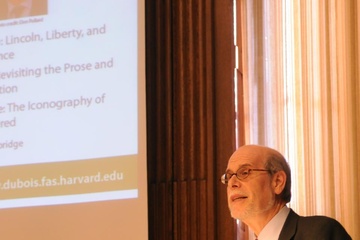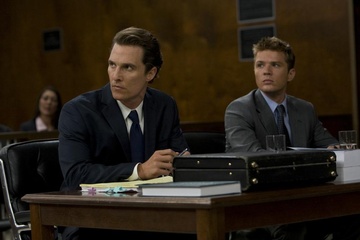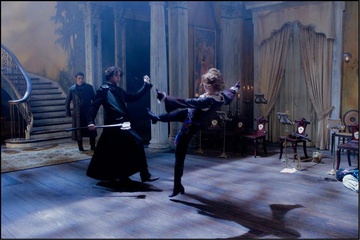Fifty years ago, Dr. Martin Luther King stood on the steps of the Lincoln Memorial and addressed the throngs of Americans crowded onto the National Mall.
“I have a dream,” he said, “that one day this nation will rise up and live out the true meaning of its creed: ‘We hold these truths to be self-evident: that all men are created equal.’”
These words, among the first of a new nation, have not been taken lightly.
On Monday, Jan. 21, two miles down the National Mall from the Lincoln Memorial, President Barack Obama echoed Dr. King. From the steps of the Capitol, Obama called for an end to inequality and, just like those great orators before him, summoned a new generation to fight discrimination. “Our journey is not complete,” Obama said, ”until our gay brothers and sisters are treated like anyone else under the law—for if we are truly created equal, then surely the love we commit to one another must be equal as well.”
There on the lawn of the Capitol, I couldn’t help but smile with pride as my president called out for gay equality and voting equality and women’s equality.
Woven throughout his speech, Obama referenced great prose of the American past. “My fellow Americans”: He quoted John F. Kennedy. “We the people”: He harkened back to the American Constitution. “Life, liberty, and the pursuit of happiness” reminded his listeners of this country’s Declaration of Independence. And when he said that the founders gave to us “a government of, and by, and for the people,” Obama echoed the words that were engraved in the stone of the Lincoln Memorial in front of him across the mall.
“Our fathers brought forth on this continent, a new nation,” Lincoln said 150 years ago, “conceived in Liberty, and dedicated to the proposition that all men are created equal.”
“Now,” he continued, “we are engaged in a great civil war, testing whether that nation, or any nation so conceived and so dedicated, can long endure.”
And with the 262 words of the Gettysburg Address, Lincoln established that the bloodiest feud in American history was fought for the survival of a young nation, a nation still trying to live up to its founders’ expectations—that in this country, on this new continent, all men would be recognized as equals. And Lincoln proclaimed:
“We here highly resolve that these dead shall not have died in vain. That this nation, under God, shall have a new birth of freedom. And that government of the people, by the people, and for the people shall not perish from the earth.”
Abraham Lincoln said, “The world will little note nor long remember what we say here.”
It seems to me, Mr. President, that what we say might be the only thing the world will long remember.




